EUROFER Still Concerned with Glencore/Xstrata Merger
11/29/2012 - EUROFER, the European Steel Association, is criticizing the European Commission’s approval of the Glencore/Xstrata merger: Remedies addressing zinc supplies, it says, are not sufficient to shield the European market from the dominant influence of one supplier.
EUROFER is criticizing the European Commission’s approval of the Glencore/Xstrata merger. Remedies addressing zinc supplies, the European Steel Association says, are not sufficient to shield the European market from the dominant influence of one supplier. The European steel industry, which uses the lion’s share of zinc metal traded in Europe, will still have to face a leading provider effectively controlling the zinc supply chain from mining to warehousing operations.
The merger integrates the world’s largest zinc trader (Glencore) and the world’s largest zinc ore miner (Xstrata), which is at the same time one of the largest zinc smelters.
The European steel industry needs zinc for corrosion-resistant coatings applied to steel products. More than half of global zinc production goes into steelmaking. The industry is especially dependent on two highly refined zinc grades - so called commodity grades - for its production. Shape of zinc ingots and quality are additional criteria limiting the choice of suppliers.
The parties of the merger have addressed the problem of undue concentration in the zinc market by offering a remedy: Glencore will terminate its exclusive off-take agreement with Nyrstar, the world’s largest zinc-smelting company, and sell its 7.8% share in the Belgium-based enterprise. Guarantees not to establish any other commercial agreements or understandings for a period of ten years are part of the remedy. At present, Nyrstar sells all of its commodity grade production to Glencore.
Terminating the off-take agreement with Nyrstar addresses one of the European steel industry’s major concerns. Still, EUROFER Director General Gordon Moffat points out that the remedy may not have the desired effects: "Post-merger, the parties still will have a share of around 35 per cent of the European market, a level of concentration that is dangerously close to the 40 per cent threshold set by the Commission."
Moffat also refers to the vertical integration of the new entity which includes mining, smelting, trading, logistics and warehousing. The parties own a large number of warehousing facilities in which zinc-metal is stored. And they control a considerable amount of exports and storage of zinc-metal produced in the EEA (European Economic Area). "This shows that Glencore/Xstrata can still exert controlling influence on the zinc market, for instance by artificially shortening supplies."
Represented by EUROFER, the European steel industry is a world leader in its sector with a turnover of €170 billion and direct employment of 360,000 highly skilled people, producing on average 190 million tonnes of steel per year. More than 500 steel production and processing sites in 23 EU member states provide direct and indirect employment and a living for millions of European citizens.


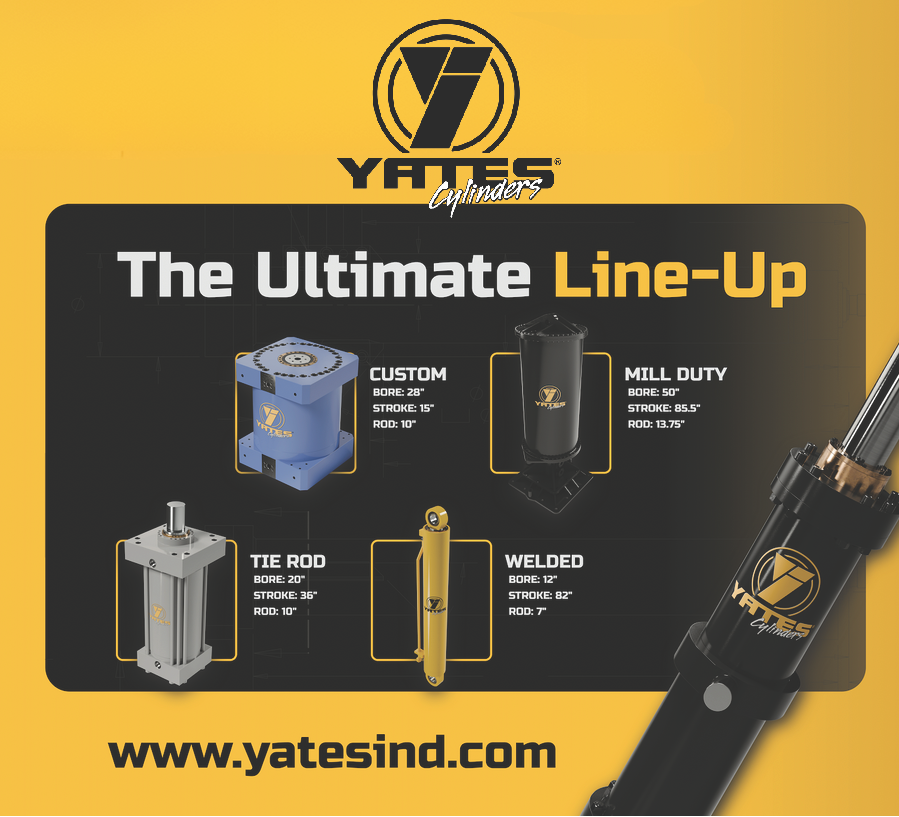.png?mediaprotectionhash=3750102d6e35cf158ae995d2a880e68af6bba8e3c74cb3bcacc2f4a4a71af45a&width=220&height=200&ext=.png)
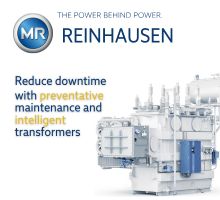-(1)-Reinhausen-(1).jpg?lang=en-US&ext=.jpg)
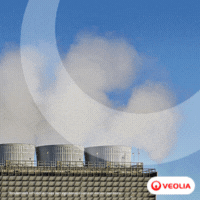

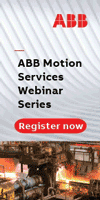
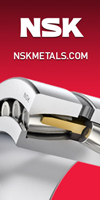
-Cutsforth.png?width=100&height=200&mediaprotectionhash=4482cb5f76125ba3348ab8851ab91d4ab118b35e517c017615489ff39c41f1af&ext=.png)